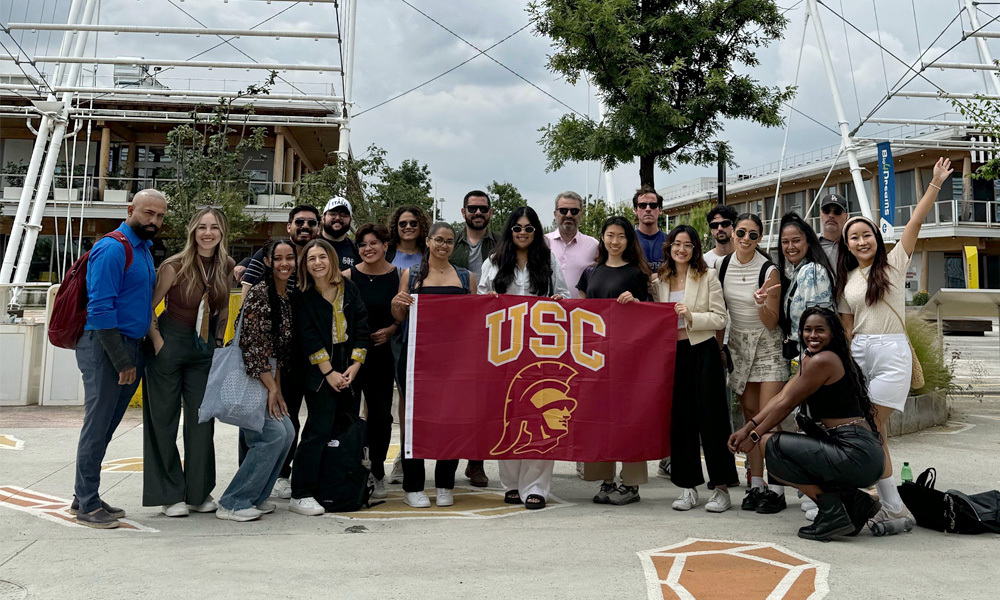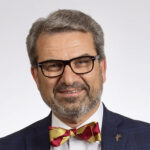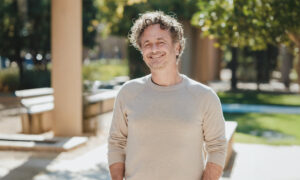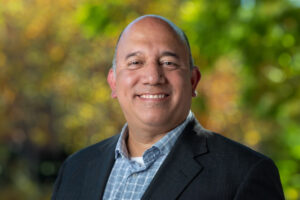For students seeking to integrate their scholarly knowledge with real-world opportunities, the USC Price School International Lab provided a dream come true: to offer consulting services for the 2026 Milano Cortina Olympic Games in Italy.
“My diverse consulting background equipped me with the essential analytical and problem-solving skills, but transitioning to the Olympic space gave me a unique opportunity to apply and expand those abilities in a new and impactful way,” said Irum Mahmood, second-year student in the Executive Master of Health Administration program at the USC Price School of Public Policy who participated in the project.
Hosting the Olympic Games is an exciting endeavor that gives cities the opportunity to shine before the world. However, with that opportunity also comes a great responsibility: ensuring the games leave a lasting positive legacy in the communities involved.
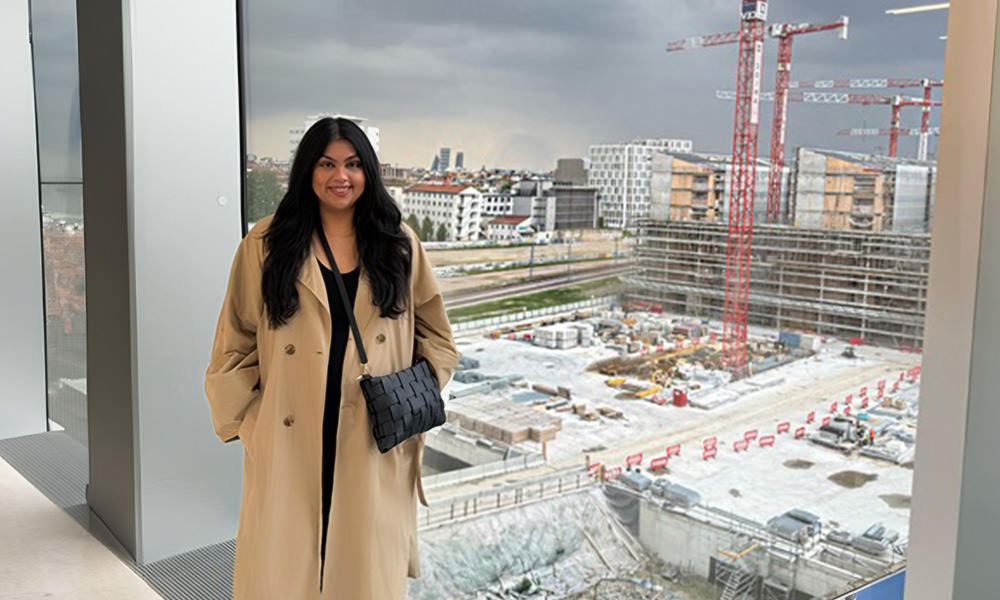
Frank Zerunyan, Professor of the Practice of Governance at USC Price, has spent his career examining the importance of good governance and community engagement. He understands that they are critical components for a successful Olympic Games. In addition to the Milano Cortina International Lab, Zerunyan has led prior labs in Rio de Janeiro before that city’s Summer Olympic Games.
“In public-private partnerships, as the word partnership suggests, it is truly a marriage for the long term, and it’s an equal partnership in a sense that each partner brings a strength that the other one may not necessarily have. The interdependence solidifies the partnership,” Zerunyan said.
Twenty students were selected to participate. The Lab began with a series of sessions in Los Angeles at the USC Price School. Students would meet roughly once a month for seminars with both Zerunyan and via Zoom with their professors in Italy to discuss their research. The students then traveled to Italy where they participated in sessions at Bocconi University in Milano, met with the Milan Cortina Olympic Committee (MCOC), and toured the sites of the Olympic Village and other related infrastructures.
The Lab culminated in a presentation of recommendations to the client. The three areas of focus included:
- economic development;
- infrastructure and facilities usage and development; and
- social impact.
The students made the following recommendations.
- Host countries should ensure that new infrastructure can be reused for future purposes in order to reduce waste. For example, tourism can be leveraged to promote economic growth.
- To create lasting social impact, the host should engage with vulnerable populations, including immigrant youth and other disenfranchised communities. The Lab found that by involving these communities in the games, there have been significant gains in feelings of civic pride and inclusion.
- Expand initiatives to introduce children to a diverse array of sports. This includes inviting youth to participate in sports events with professional athletes as mentors and coaches. Leveraging the appeal of the Olympics, the program fosters a positive social impact by promoting sportsmanship, physical activity, teamwork, and overall well-being.
“The labs are really an opportunity for our students to do precisely what we’re training them to do in our graduate program, and that is to focus on research, listening abilities, analytical abilities, and action,” Zerunyan explained. “It’s a great experience for them being in a foreign setting, not their own, and also reacting and putting their knowledge to work in a completely different environment than what they’re accustomed to.”
Mahmood said the project will leave a lasting impression. “It definitely deepened my respect and appreciation for the games and the power to unify people from all over the world,” she said. “The relationships built along the way led to profound personal and professional growth. I’ve returned with a renewed perspective, and I’m beyond excited to see how LA 2028 unfolds with the games returning to our home city.”
